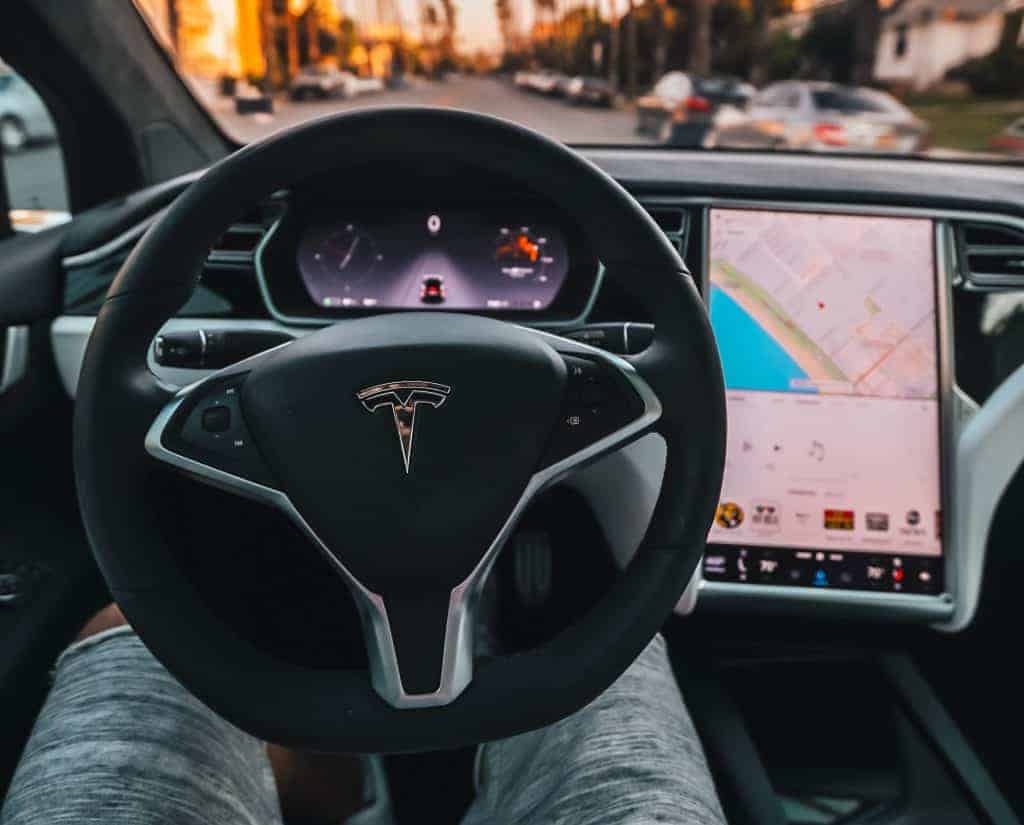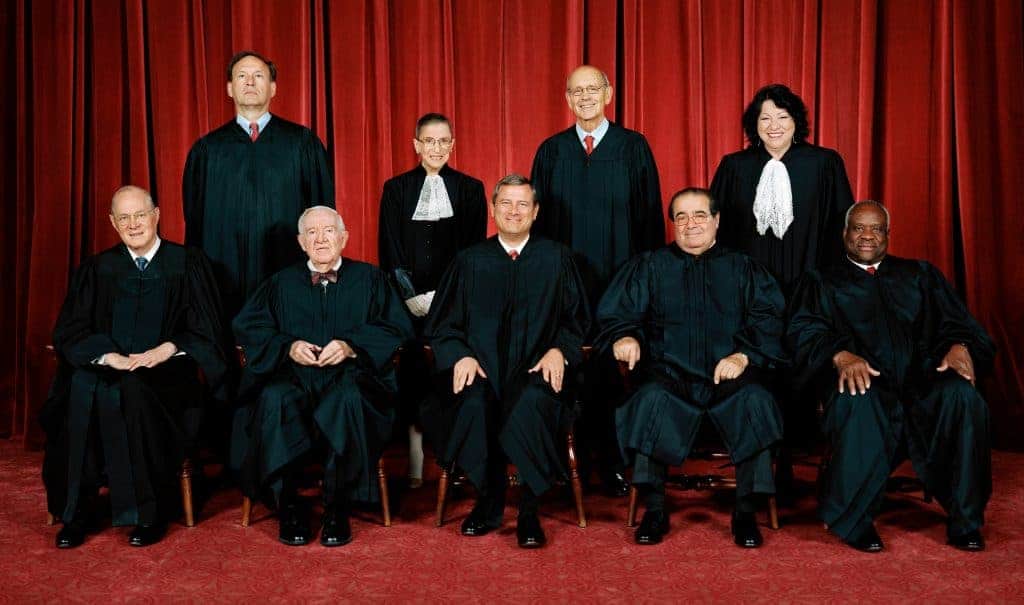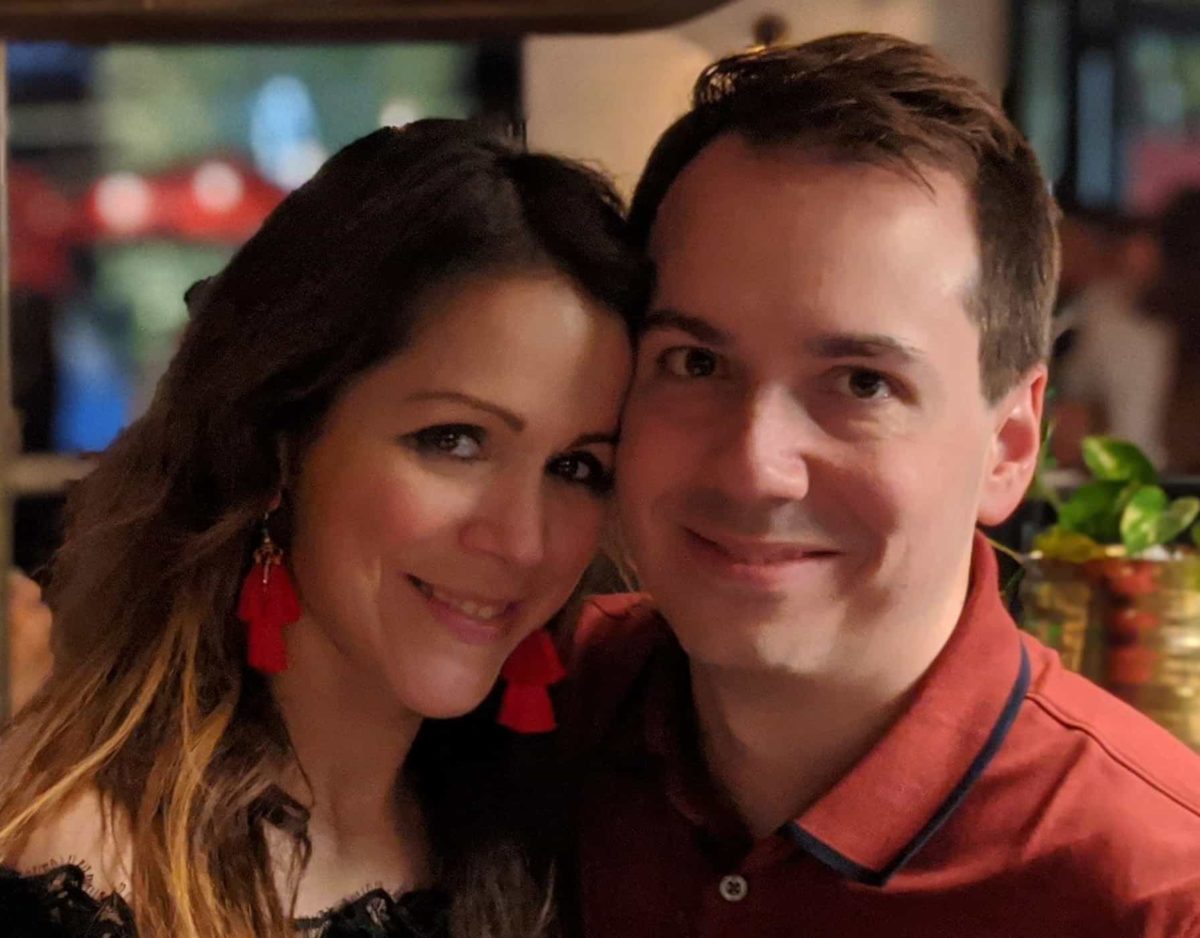Happy hot June Friday, lovely peoples! So on today’s installment of crypto news, I’ve got cars, colleges, and courts for ya. Let’s see what’s been going on in the blockchain of life.
Volkswagen Partners Up With IOTA
With its emissions scandal fading into the reviewer mirror, auto manufacturer Volkswagen has partnered up with IOTA, my second-favorite cryptocurrency. IOTA (or Internet of Things Application, I believe) is a unique crypto that, because of its unusual non-blockchain structure, has no transaction fees. (In essence, this is because, when you make an IOTA transaction, your computer does the work of confirming other transactions. That eliminates the need for the “miners” that do that task with a crypto like Bitcoin that’s based on “proof of work” and blockchain).
The big deal with IOTA is that it may eventually be used in the machine-to-machine economy. Imagine a world where your self-driving car takes you to work but, instead of remaining at some parking lot during the day, it rents itself out as a self-driving Uber. When it needs gas, it fuels itself up at the gas station, paying with IOTA.

“Look ma, no hands”!
Mind-blowing, eh?
So Volkswagen has apparently taken notice of this potential, and has partnered up with IOTA for what could be many uses of the technology, including things like pushing software updates to its autonomous vehicles and “…autonomously set[ting] prices based on levels of demand”.
While there’s nothing too solid yet, I think that this partnership is something to keep tabs on, especially since VW is such a large, powerful company.
Source: Crypto Briefing
Stanford University Setting Up Blockchain Research Center
Ah, college. If only I could go back, knowing what I know now. The biggest wish, right? Going back in time, but not in knowledge?
Anyways, my second news item today is that world-renowned school Stanford University is launching a blockchain research center, dedicated to the study of blockchain, the technology behind most cryptocurrencies (including Bitcoin and -my favorite- Ether).
As Coindesk reports, “the Center for Blockchain Research is being led by Dan Boneh and David Mazières, two professors who have specialties in blockchain and cryptocurrencies. The research outfit plans to ‘develop best practices’ for blockchain by bringing the university scientists and the industry’s top leaders together”.
Moreover, the Ethereum Foundation is one of its sponsors, which to me is another sign of its leadership and growing mainstream acceptance.
First it was some random dudes (or dudettes); now it’s major universities.
Source: Coindesk
US Supreme Court Justice Mentions Crypto in an Opinion
Will wonders never cease? The US Supreme Court is one of the most important institutions on earth (but not known for its tech prowess).

The Justices, circa 2009
So, it was way surprising to me that, in a recent dissenting Opinion (where a Justice explains why they didn’t go along with the majority of the Justices), 79 year-old Justice Stephen Breyer mentioned crypto, in passing. Here’s what he said:
“[W]hat we view as money has changed over time. Cowrie shells once were such a medium but no longer are…our currency originally included gold coins and bullion…perhaps one day employees will be paid in Bitcoin or some other type of cryptocurrency”.
This doesn’t mean anything in particular (it’s just a passing comment). Yet, it does point to the increased mainstream awareness of crypto, within different professions and age brackets. Far from it having faded into obscurity, it’s now being mentioned openly in the hallowed halls of Washington justice. Whoa.
Source: Coindesk
Disclosure: I believe in and own crypto (mostly Ether).

Hi Miguel, I’m not much of a visionary with tech so I always struggle with crypto. Have any of your posts addressed what the applications would be and how it could affect everyone’s lives? Tom
Hi Tom!
Sure, I wrote some about it in my Gemini Exchange Review and my post on buying IOTA. (IOTA has zero transaction fees).
But in sum, my belief is that the biggest promise seems to lie in smart contracts and machine-to-machine economy (autonomous machines transacting with each other) applications. To learn more about smart contracts, I’d recommend this YouTube video.
For the machine-to-machine economy, one example would be a vending machine which automatically senses when it is low on stock and orders a restocking. This would cause an autonomous vehicle to go to a warehouse and pick up the stuff and bring it to the vending machine and restock it; all transactions are done without human participation, using a cryptocurrency like IOTA. (Credit: Ivan on Tech on YouTube).
In theory, if you owned one of these machines, you could set it loose to work for you on its own, with minimal supervision. You could have a self-driving car that could transport people and freight, with complete autonomy.
I find it fascinating 🙂
Cheers!
Miguel